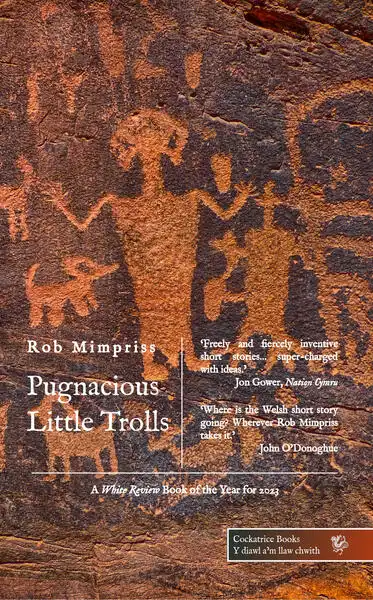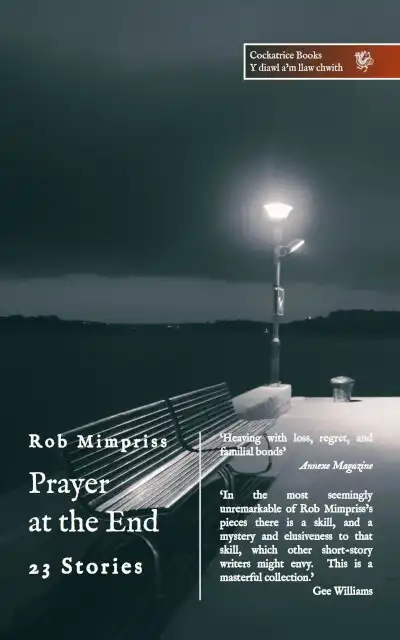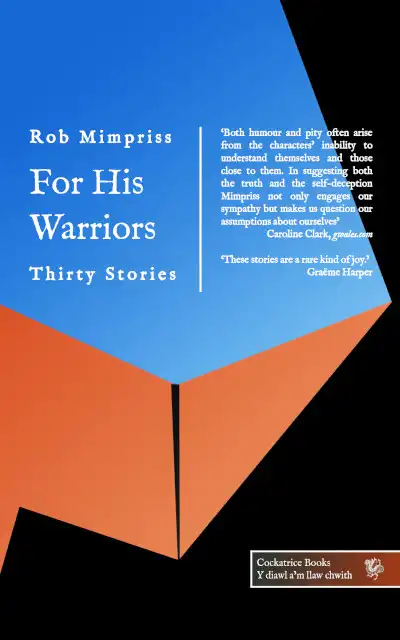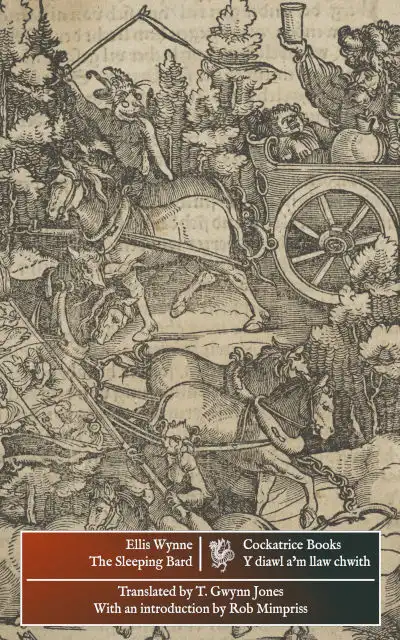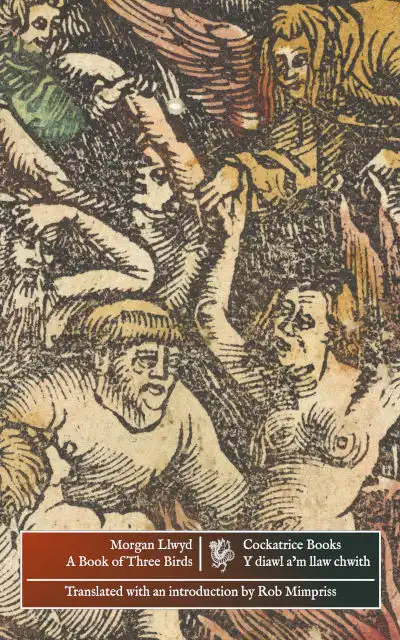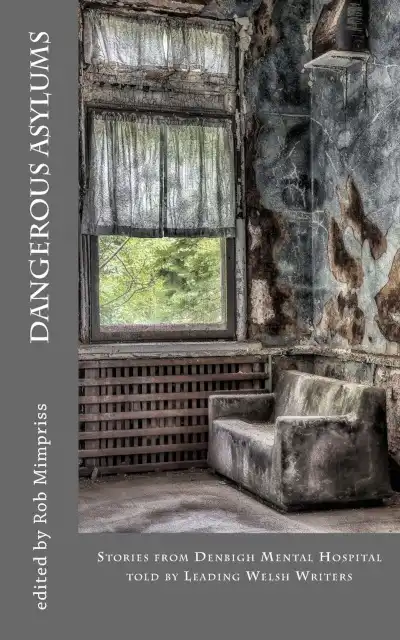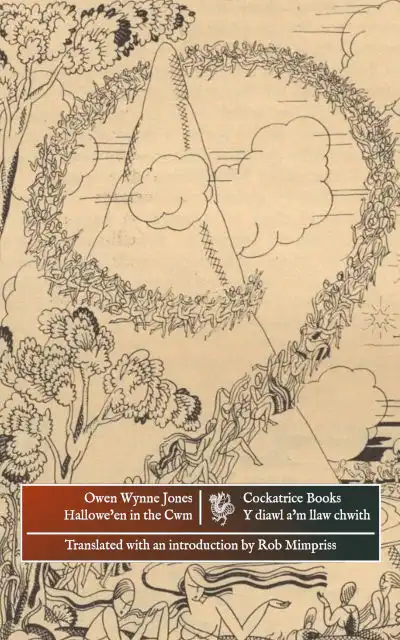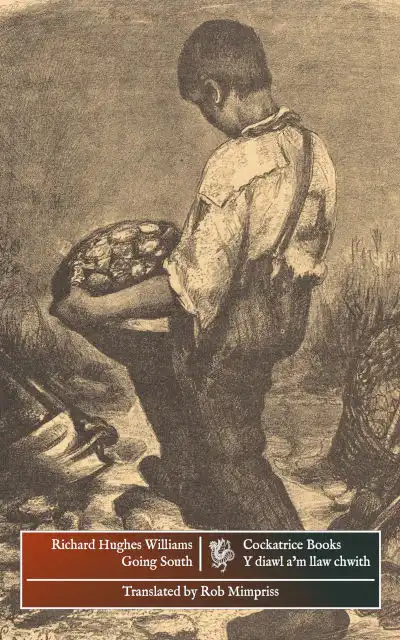I am proud to publish, as the first guest post on this website, a poem by the poet, Brett Evans, co-founder and co-editor of the magazine, Prole, and author, most recently, of The Devil’s Tattoo and Sloth and the Art of Self-Deprecation. This poem commemorates the burning of the RAF base and aerial bombing school at Penyberth, Llŷn, by leading Welsh nationalists and pacifists in 1936.
Pwllheli 1936
Devils, I tell you, I knew when they came in
telling of fire they’d caused, one calmly explained
the government had accepted protests from Holy Island,
Northumberland, Abbotsbury in Dorset –
something to do with a breeding ground for swans –
but sure it hadn’t listened to the song of the Llŷn,
drowned out by roughshod hooves. And where once stood
Penyberth – a hearth for poets and pilgrims –
were the burned remains of the week old bombing school
for the RAF. Still don’t you fret, the Caernarfon
jury may not agree – we Welsh are a bellicose
bunch – but when they get to the Old Bailey
an all English jury will see them caged.
Devils in the corner, wait to be led to their cells,
they plot and scheme, let’s lean and listen in –
the monsters! Can’t fool us with talk of the beauty
within the sonnets of Robert Williams Parry.




